Investigating community issues in math and science classes can promote equitable teaching practices and culturally relevant learning. But do students walk away feeling overwhelmed by realities? Or empowered to work for solutions? Learn how the engineering design process can support students to deepen their understanding of challenges in their communities AND feel empowered to design and advocate for just solutions to those challenges. Participants will engage in rich engineering projects, unpack associated community issues and their implications, and explore how practices of science, math, and engineering can help learners develop and optimize solutions to these issues. The course highlights community empowerment through lines of the engineering design process: uncovering values, students as agents of change, and stakeholders and encouraging voices. Led by instructors who are experienced in integrating engineering into math and science classes, this course will support participants in identifying entry points in their own curriculum for integrating engineering and community issues.
Tuesdays, February 24 – March 31, 2026
Upcoming Courses
-
Online Course 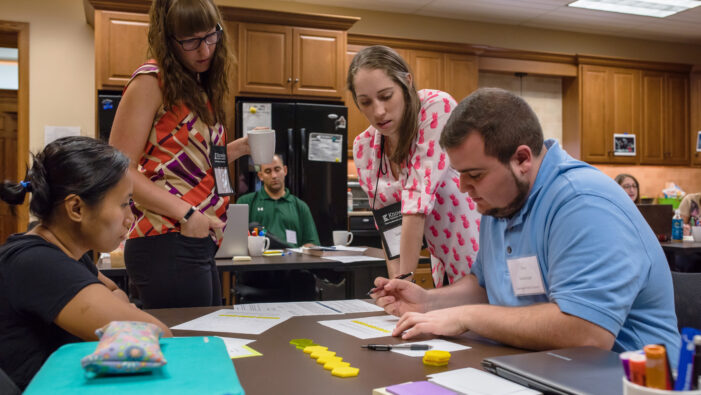
Empowering Students & Communities with Engineering Design
7:30PM – 9:30PM EST 25.00 Zoom Learn More Register -
Online Workshop 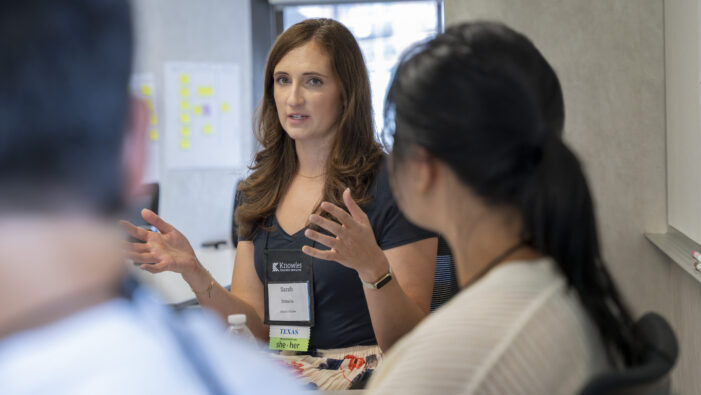
Actionable Norms for Effective Groupwork
7:30PM – 9:00PM ET Free Zoom How can students learn to integrate their content knowledge with effective communication skills to solve meaningful and complex problems in a collaborative setting? In this workshop, teachers will learn strategies and principles for establishing a classroom culture of effective and meaningful student collaboration through the clear and intentional setting of actionable norms—working persistently, communicating productively, and taking risks. Leave this workshop with strategies that leverage the use of the actionable norms to encourage more students to effectively participate in groupwork activities.
Learn More Register -
Online Course 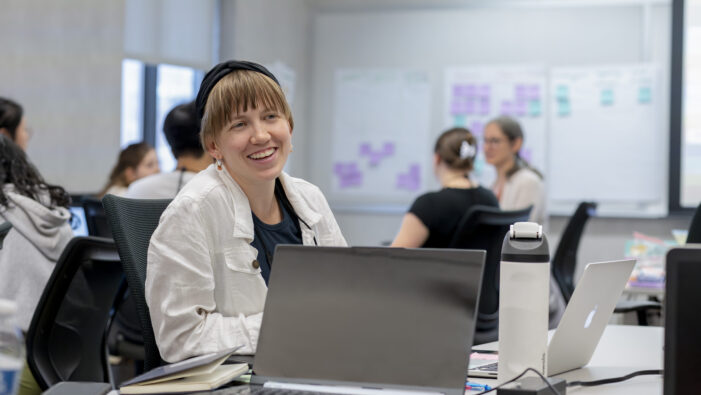
AI Essentials for Educators
7:00 PM-9:00 EST 25.00 Zoom Discover how AI can enhance your teaching practice. In this workshop, you’ll explore practical applications of AI tools that can support both classroom instruction and behind-the-scenes tasks like lesson planning. We’ll provide hands-on opportunities to engage with AI and consider how it can be adapted to your specific teaching context. Whether you’re just starting out or looking to deepen your AI literacy, you’ll leave equipped with tools and strategies to confidently incorporate AI into your teaching.
A $25 registration fee is required to secure your spot. As a token of our appreciation for your commitment to your students and advancing math and science education, attendees who complete at least 5 out of the 6 sessions and complete a brief feedback survey will receive a $50 gift card. Time is allotted at the end of the final session to complete the feedback survey.
Wednesdays, April 15 – May 20, 2026Learn More Register -
Online Workshop 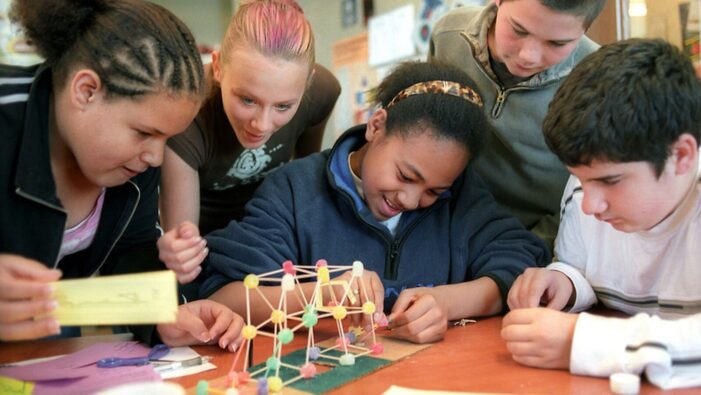
Engineering to Empower
7:30PM – 9:00PM ET Free Zoom How can we integrate engineering into math and science classes to help students develop a more meaningful understanding of real-world issues? We’ll use a Four-Level Empowered Engineering framework to explore how engineering integration in science and math offers students a range of opportunities for learning, engagement in community issues, and agency for solving problems in their world. Teachers will identify entry points in their curriculum to integrate engineering and social justice.
Learn More Register -
Online Workshop 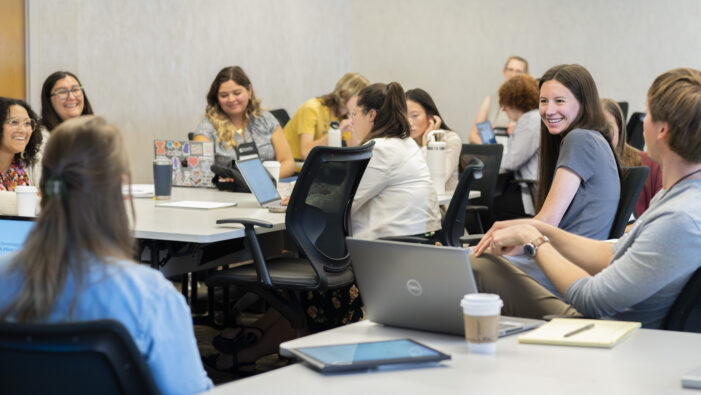
Promote Engagement in Math through Lesson Design
Free Zoom In this workshop, teachers will learn how high cognitive demand tasks increase opportunities for students to access learning. Teachers will explore ways of modifying tasks to increase students’ abilities to engage in sensemaking. This workshop will assist teachers in gaining the knowledge and confidence needed to design and modify tasks for their math classrooms.rn
Learn More Register -
In-Person Course 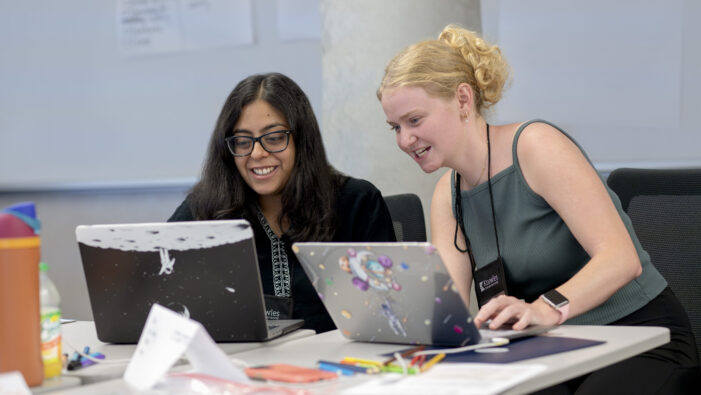
AI Essentials for Educators
50 Atlanta, GA Discover how AI can enhance your teaching practice. In this course, you’ll explore practical applications of AI tools that can support both classroom instruction and behind-the-scenes tasks like lesson planning. We’ll provide hands-on opportunities to engage with AI and consider how it can be adapted to your specific teaching context. Whether you’re just starting out, or looking to deepen your AI literacy, you’ll leave equipped with tools and strategies to confidently incorporate AI into your teaching.
*Participants who attend all three days will receive a $100 gift card and a professional learning certificate.Learn More Register -
In-Person Course 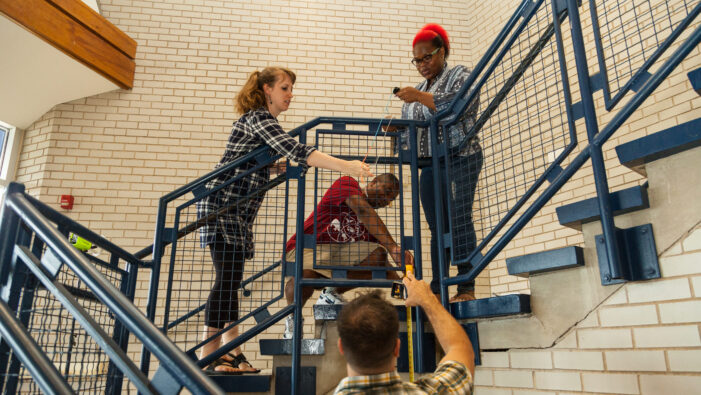
Discipline-Rich Project-Based Learning
50 Atlanta, GA Learn how project based learning (PBL) can support student engagement in learning complex content and practice standards in Math & Science. Participants will be equipped with a planning framework and tools to create engaging, real-world projects that support student learning and engagement in complex content and practice standards. By the end of the course, teachers will be better prepared to provide all students with access to rigorous math and science instruction through PBL, ultimately empowering their students to make informed decisions in their personal and civic lives.
*Participants who attend all three days will receive a $100 gift card and a professional learning certificate.Learn More Register -
In-Person Course 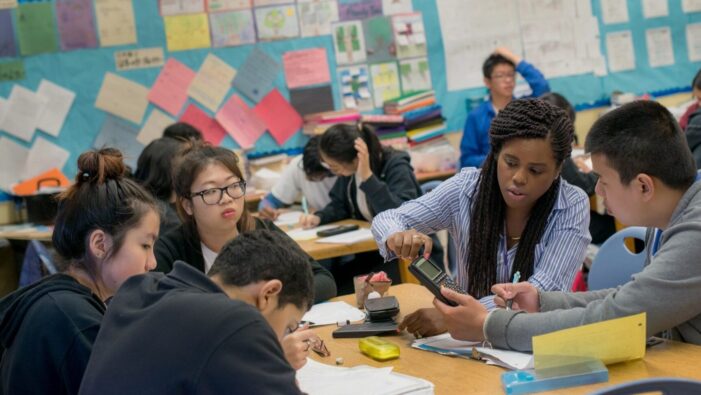
Designing & Implementing Engaging Lessons
50 Atlanta, GA This course equips participants with the skills and knowledge necessary to modify and implement learning experiences that cater to all students’ needs while promoting a deeper conceptual understanding of the content. By the end of the course, participants will apply a framework that will support them in creating engaging learning environments where every student sees themselves as capable “doers” of math and science.
*Participants who attend all three days will receive a $100 gift card and a professional learning certificate.Learn More Register -
In-Person Course 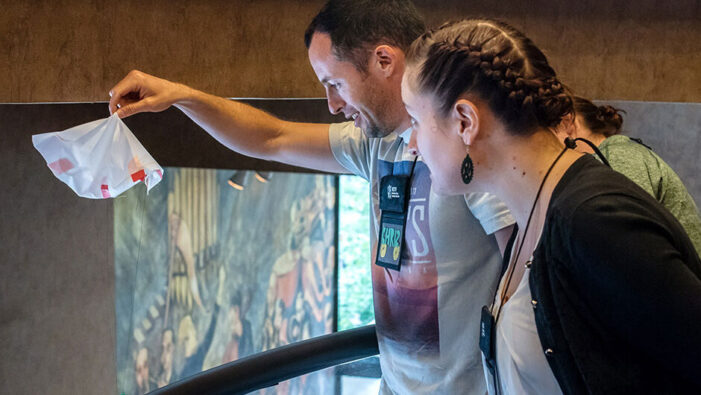
Empowering Students & Communities with Engineering Design
50 Atlanta, GA Learn how to plan and facilitate engineering design challenges that inspire your students to learn and apply math and science concepts as they solve real-world problems. Participants will engage as learners in engineering design challenges that span STEM subject areas, and will develop skills for teaching engineering in their classroom. Using tools for developing your own design challenges, participants will build an NGSS-aligned framework for using the engineering design process in your classroom.
*Participants who attend all three days will receive a $100 gift card and a professional learning certificate.Learn More Register